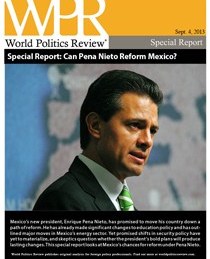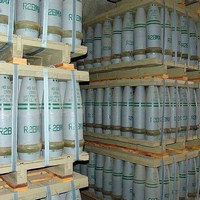
Editor’s note: This is the first of a two-part investigative series on U.S. and French counterterrorism efforts in Niger. Part I examined Niger’s emergence as a target of terrorist groups active in the Sahel region. Part II examines the growing U.S. security presence in Niger, and the nascent tensions with France over how best to counter terror and bolster Niger’s security. Though much has been made of Niger’s recent ascendance as a key U.S. ally in the Sahel region, the country had already begun to distinguish itself as a useful counterterrorism ally in Department of Defense circles as early as […]




